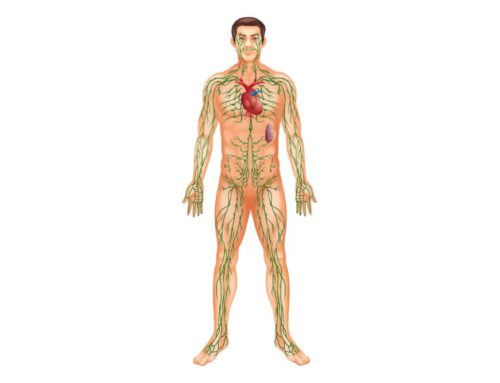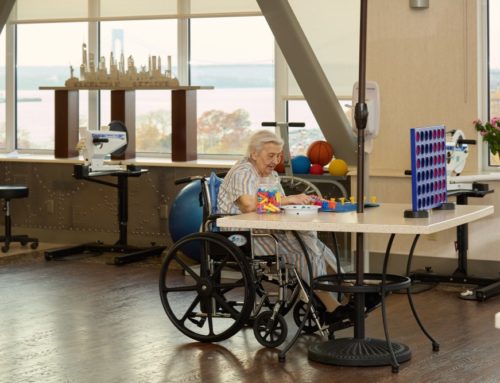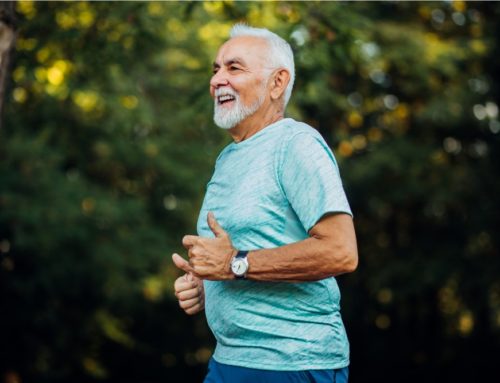Dopamine is the chemical in the brain that regulates movement. When its levels drop, neural degeneration occurs, resulting in Parkinson’s disease. Though there is no known cure, many people wonder if it’s possible to slow down Parkinson’s. The simple answer is yes, you can slow the progression of this disease and reduce the symptoms.
Of course, it isn’t an easy task. Preventing the onset of Parkinson’s requires essential lifestyle changes and diligence. These methods along with medicines and right therapies may not halt its progression, though they can make the symptoms much more manageable. To learn more about this topic and what is Parkinson’s Disease, keep reading, but keep advised that this information is for educational purposes only. Seek medical advice if you suffer from Parkinson’s.

How Can You Slow Down Parkinson’s?
Exercise – when trying to reduce Parkinson’s progression, one of the best methods is exercise. Regular workouts can counter many of the symptoms of the disease, depending on the type of exercise you prefer.
Calming activities are another option to slow down Parkinson’s disease. They will help to reduce your stress levels. As well as moving your body, yoga and Tai Chi include meditative techniques, so are extra beneficial. You can also try massage therapy or acupuncture to calm your mind and reduce stress levels.
Dietary changes may have some benefits when it comes to improving Parkinson’s. Though they won’t cure or prevent the disease, some foods can slow the symptoms significantly.
Antioxidants prevent free radicals associated with Parkinson’s disease. Incorporating foods high in antioxidants is a fine place to start when trying to reduce the symptoms. These include nuts, leafy greens, peppers, eggplant, tomatoes, and berries.
Supplements such as coQ10 may also help. Omega-3 fatty acids are also helpful to slow down Parkinson’s. Salmon, oysters, halibut, soybeans, kidney beans, and flaxseed all have high levels, so are great additions to your diet.
Choosing foods high in vitamin D, folic acid, calcium, iron, and zinc is also a must. These nutrients prevent malnutrition, which can keep Parkinson’s symptoms at bay. If your diet isn’t providing these nutrients, multivitamins or other supplements can also help.
Managing other symptoms
Movement symptoms are the most noted when it comes to Parkinson’s, though there are others associated with this disease. Depression and anxiety are common, both of which may benefit from exercise or calming techniques. Exercise can also prevent urinary incontinence by strengthening the pelvic floor muscles.
Sleeping issues may occur, though simple changes to your lifestyle can help. Altering your bedtime routine, including reducing noise, light, and caffeine levels, can help with this issue.
Some individuals with Parkinson’s experience swallowing issues or excessive drooling. To prevent or slow down these Parkinson’s issues, swallowing exercises or changing eating habits may help.
Exercise and workouts can have a positive effect on motor functions. Tai Chi promotes coordination and balance, improving these issues in Parkinson’s patients. Yoga is similar, improving balance and coordination, but it also increases strength and flexibility. Dance training slows down Parkinson’s symptoms related to balance and stability as well.
Simply going for a walk or doing some gardening is beneficial. Consider your abilities and limitations to avoid injury or other complications.
This content comprises informative and educational resources only and can not be considered as a substitute for professional health or medical guidance. Reliance on any information provided in this article is solely at your own risk. If you have any inquiries or apprehensions about your medical condition or health goals, talk with a licensed physician or healthcare provider.






Leave A Comment